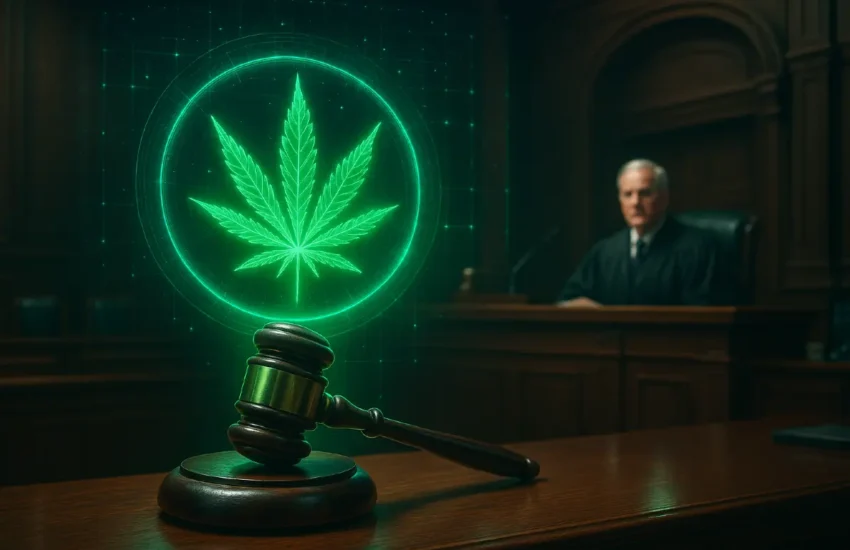What Over-the-Counter Drugs Are Misused the Most?
People purchase over-the-counter or OTC drugs every day. While certain medications may only be purchased by those 18 and over, any person can walk into a store and buy most medications easily. When a person uses these medications as directed, they are safe and effective. In fact, they are helpful in treating a wide range of medical conditions, including headaches, the common cold, and minor allergies.
However, these medications are often misused, much like certain prescription medications are. People often hear about the Fentanyl vs. Heroin debate when discussing drug abuse issues, but they never stop to think about the cold medicine they just picked up at a local drugstore. It can do significant damage, just as illicit drugs can. What must every person know about the dangers of certain OTC medications?

Commonly Abused Substances
Over-the-counter drugs are the second most commonly abused substance in the country today. Marijuana comes in at the top of the list. People of all ages can purchase OTC drugs and many do strictly to use them for their mind-altering properties. DXM or dextromethorphan is one substance found in many OTC medications that a person may become addicted to.
In fact, in some states, men and women under the age of 18 are not allowed to purchase medications containing DMX without a valid prescription from a licensed doctor. States that have put this measure in place did so to reduce the risk of addiction in minors. Over 100 common cough and cold medications sold in stores today contain dextromethorphan, which is a dissociative drug. Misuse of the medication can bring about hallucinations, impaired judgment, and more. DMX isn’t the only substance in these medications a person must be concerned about, either.
Frequently Misused Over-the-Counter Drugs
Certain OTC medications are commonly abused. Pain relievers and cough and cold medications are on this list, along with nasal decongestants. However, people might also misuse motion sickness drugs, laxatives, or diet pills.
Men, women, and children who use these drugs other than as intended may experience a range of side effects. They could become dizzy or lethargic. Their speech may become slurred and their blood pressure could increase. The side effects vary with the type of drug taken. If the drug is repeatedly misused over a period, the person is at risk of damage to the brain and liver, seizures, and falling into a coma.
Use or Abuse?
How can a person distinguish between proper use of an OTC medication and abuse of this same medication? A person who is abusing this drug takes the medication even when they don’t need it to treat any symptoms. Often, the dose taken is much larger than they need.
The large dose leads to an increase in dopamine in the brain, which brings about pleasurable feelings. When the person wants to recreate this feeling, they misuse the OTC medicine again. Repeated use of the OTC leads to addiction. This problem became more apparent during the global pandemic when people were desperate for some relief.
When the person stops using the OTC medication, they may experience withdrawal symptoms. Help is needed to overcome the addition. Fortunately, drug rehab programs exist for these individuals. Learn more today about these programs to find one that is right for the person who is dependent on OTC medications.
This addiction comes with unique challenges, as a person will come into contact with these drugs throughout their life. Unlike heroin or fentanyl, which must be purchased undercover, a person finds OTC medications in most stores they visit. The rehab program helps the addict learn how to handle these contacts in a positive way, so they can lead a sober life.


